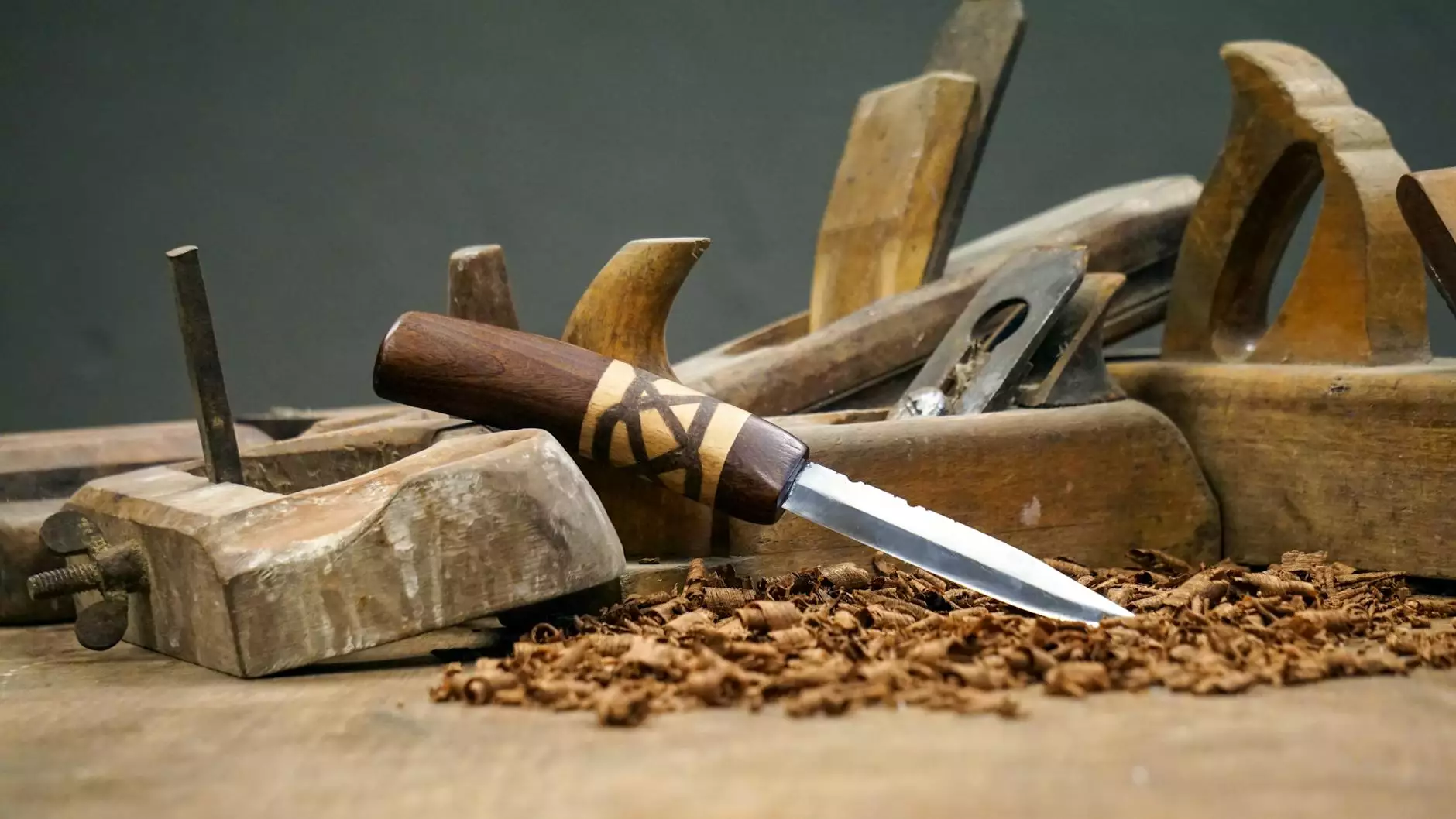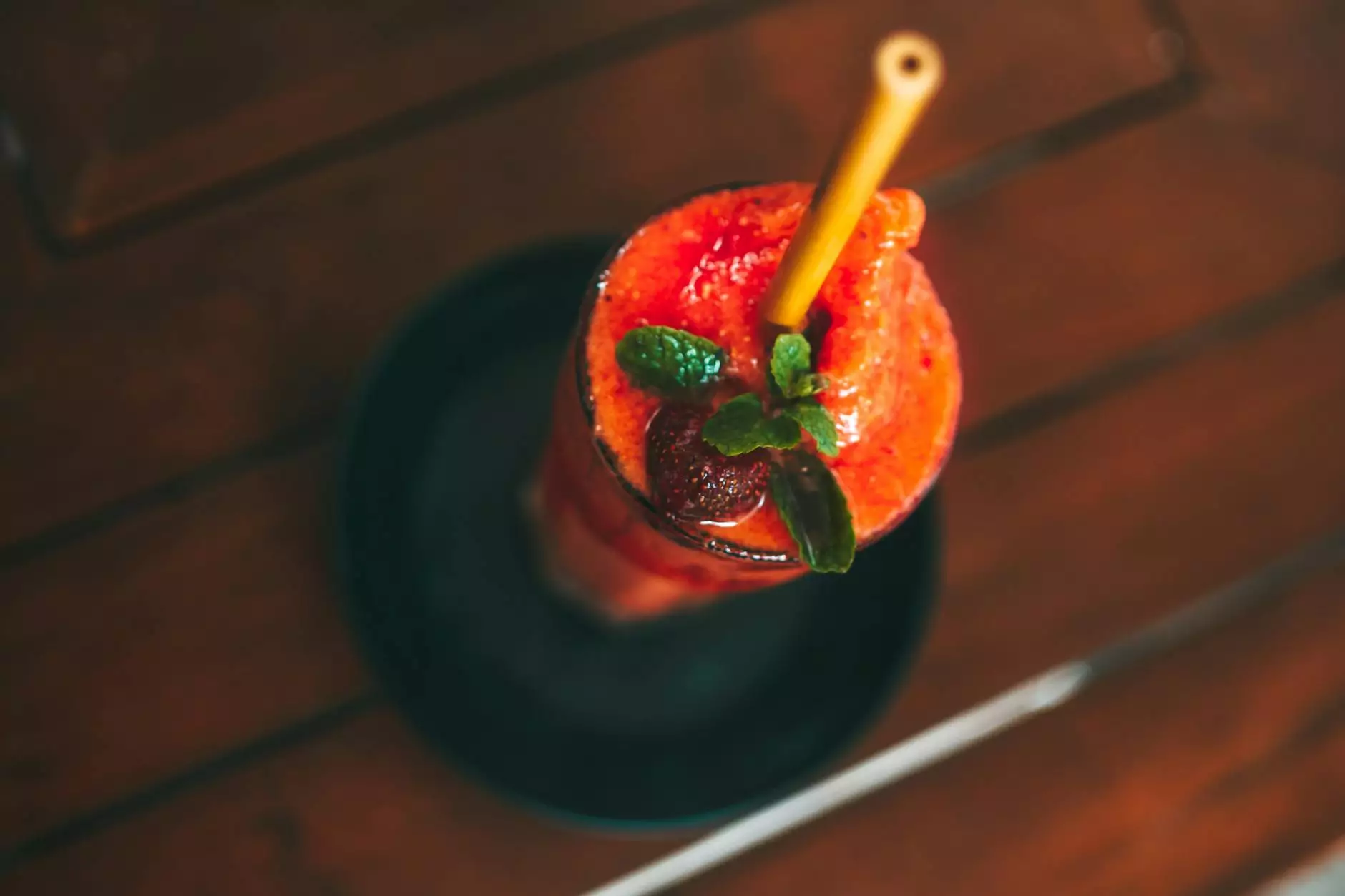Unlocking the Power of Professional Knife Sharpening Services

Knife sharpening is an ancient skill, vital not only for culinary professionals but also for home cooks and anyone using cutting tools in their daily life. In this comprehensive guide, we explore the importance of professional knife sharpening services. At SZ Blade, we understand that a sharp knife is not just a tool but an essential element of efficiency and precision in any task.
The Art and Science of Knife Sharpening
Knife sharpening is both an art and a science. It requires extensive knowledge about the different types of blades and their respective materials. Here, we will delve into:
- The Mechanics of Cutting: Understanding how a sharp blade interacts with materials.
- Tools of the Trade: The various tools and techniques used for sharpening.
- Materials Matter: How different steel types influence the sharpening process.
The Mechanics of Cutting
When a knife is sharp, it performs its primary function—cutting—with ease. The angle of the edge, the sharpness, and the quality of material all contribute to the cutting performance. A dull knife creates more resistance, leading to less control and potential injuries.
Tools of the Trade
There are numerous tools available for knife sharpening. Some of the most commonly used include:
- Whetstones: Known for their precision, whetstones are favored by professionals for their ability to produce a razor-sharp edge.
- Honing Rods: While not a sharpening tool, they are essential for maintaining the blade's edge between sharpenings.
- Electric Sharpeners: While convenient, they can sometimes remove too much material, shortening the knife's life.
Materials Matter
Blades are typically made from various types of steel, such as stainless steel, carbon steel, and ceramic. Each material reacts differently to sharpening methods, affecting the overall durability and lifespan of the knife.
Benefits of Professional Knife Sharpening
Utilizing professional knife sharpening services offers numerous advantages that can improve both performance and safety:
- Enhanced Performance: A professional sharpening service ensures that your knives achieve an optimal edge for precise cutting.
- Increased Longevity: Regular, professional sharpening prevents damage to your blades, extending their usable life.
- Safety First: Dull knives can be more dangerous, leading to slips and injuries; sharp knives require less force, providing better control.
Enhanced Performance
Professional knife sharpeners understand the nuances of blade geometry. They can adjust the angle of the edge to match the knife's intended use, thus optimizing performance. At SZ Blade, we take the time to analyze each knife, ensuring it is sharpened to perfection based on its specific design and material.
Increased Longevity
With the right sharpening techniques, the life of your knives can be significantly extended. Our experts know how to remove only the necessary amount of material while preserving the integrity of the blade.
Safety First
Using a dull knife requires more pressure, increasing the risk of slips and accidents. A sharp knife cuts smoothly through food, allowing for more precise and controlled movements in the kitchen.
Understanding Different Knife Types
Not all knives are created equal, and understanding their unique characteristics can further inform your sharpening needs:
- Culinary Knives: These are designed for food preparation and include chef’s knives, paring knives, and serrated knives.
- Utility Knives: Often used in home improvement and craft projects, these knives also require specific sharpening techniques.
- Specialty Knives: Knives like cleavers or filleting knives serve unique purposes and thus need a tailored sharpening approach.
Culinary Knives
Culinary knives, from chef’s knives to paring knives, are foundational tools in any kitchen. These blades must be exceptionally sharp to enhance efficiency and safety.
Utility Knives
Utility knives, often used for tasks outside the kitchen, also benefit greatly from professional sharpening services. A properly maintained utility knife increases work efficiency and ensures precise cuts, whether in crafts or repairs.
Specialty Knives
Specialty knives such as filleting knives or cleavers have specific sharpening requirements. Each type requires a different angle and technique to maintain its unique cutting abilities. Our professionals at SZ Blade offer specialized services tailored to each knife type.
How Professional Knife Sharpening Works
Many people wonder what goes into professional knife sharpening. Here’s a step-by-step guide to what you can expect at SZ Blade:
- Initial Assessment: We examine the knife for damage, wear, and type of steel, determining the best approach.
- Grinding: Using appropriate tools, we grind the blade to achieve the desired edge angle.
- Honing: This step ensures the blade is perfectly aligned, correcting any microscopic nicks.
- Testing: Finally, we test the knife’s sharpness and make any minor adjustments needed.
Initial Assessment
The process begins with a thorough examination. Our sharpeners take note of the knife's brand, material, and any visible damage to the edge to determine the best sharpening technique.
Grinding
Grinding involves removing material from the blade edge with precision. Our experts use various tools, including whetstones, to ensure each knife receives the right treatment.
Honing
Honing aligns the molecular structure of the edge, ensuring optimal sharpness. This crucial step cannot be overlooked as it ultimately determines the knife's precision.
Testing
Before returning your knife, we perform extensive tests to ensure it meets our high standards of sharpness and quality. If the knife needs further adjustments, we make them on the spot.
Maintaining Your Knives Between Sharpenings
While professional knife sharpening is beneficial, maintaining your knives at home is equally important. Here are some tips to keep your knives in top shape:
- Use a Cutting Board: Avoid cutting on hard surfaces which can dull your knife.
- Hand Wash: Always hand wash your knives; avoid the dishwasher as it can cause nicks and dullness.
- Regular Honing: Utilize a honing rod regularly to keep your edge aligned.
Use a Cutting Board
Using a wooden or plastic cutting board instead of ceramic or glass will help preserve the sharpness of your blade. Protecting your knife from hard surfaces is a crucial maintenance step.
Hand Wash
Always hand-wash your knives and dry them immediately. This simple step prevents rust and corrosion, extending their lifespan.
Regular Honing
Incorporate regular honing into your routine. This practice maintains the knife's sharp edge, minimizing the frequency of professional sharpening required.
Conclusion
In conclusion, investing in professional knife sharpening services is a wise choice for anyone serious about their culinary skills or utility tasks. By choosing experts such as those at SZ Blade, you ensure that your knives remain sharp, safe, and effective for any cutting job. Whether you are a professional chef, a passionate home cook, or simply someone who values well-maintained tools, our services will prove invaluable.
Remember, a sharp knife not only enhances performance but also prioritizes safety and efficiency in your daily tasks. Do not compromise on quality when it comes to your knives—trust the professionals for exceptional results!
https://www.szblade.com/








